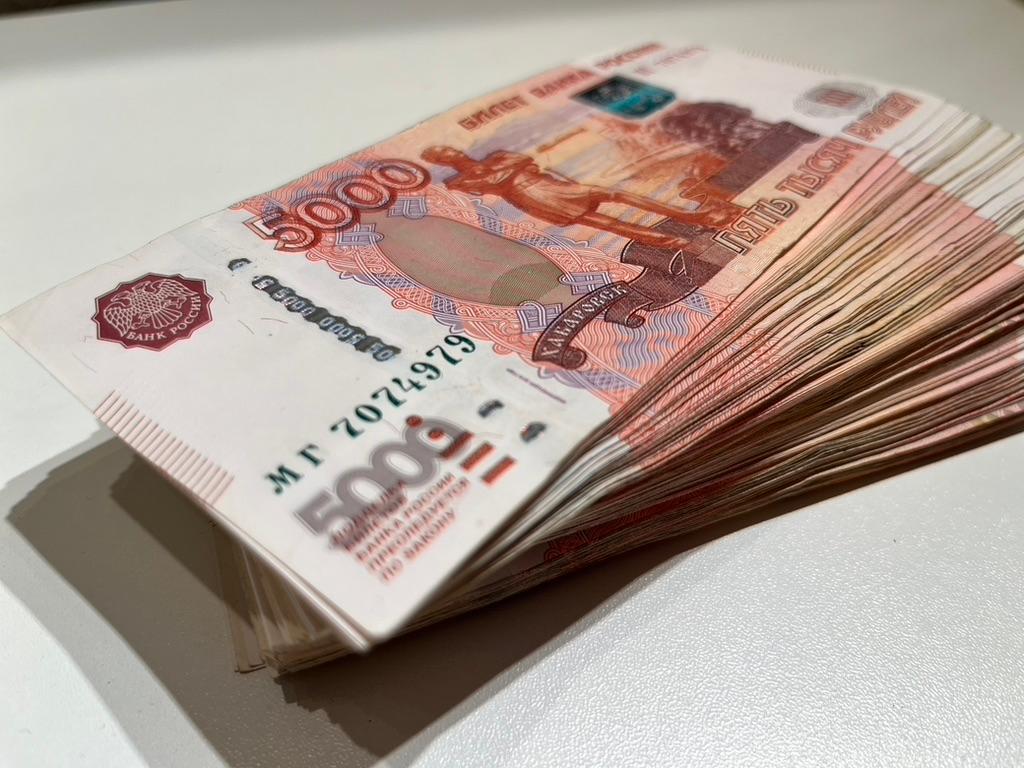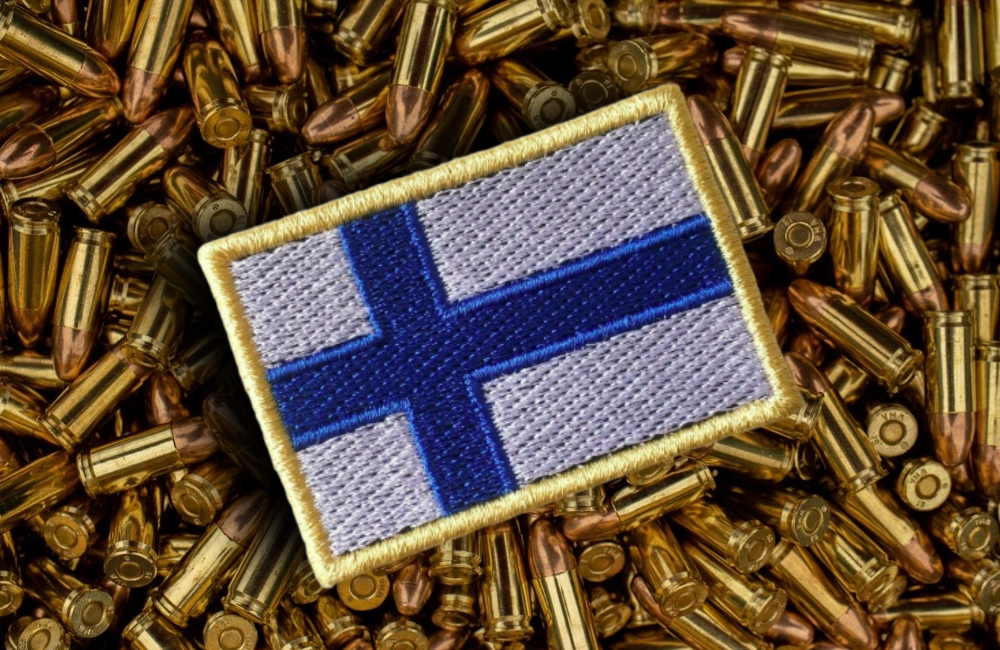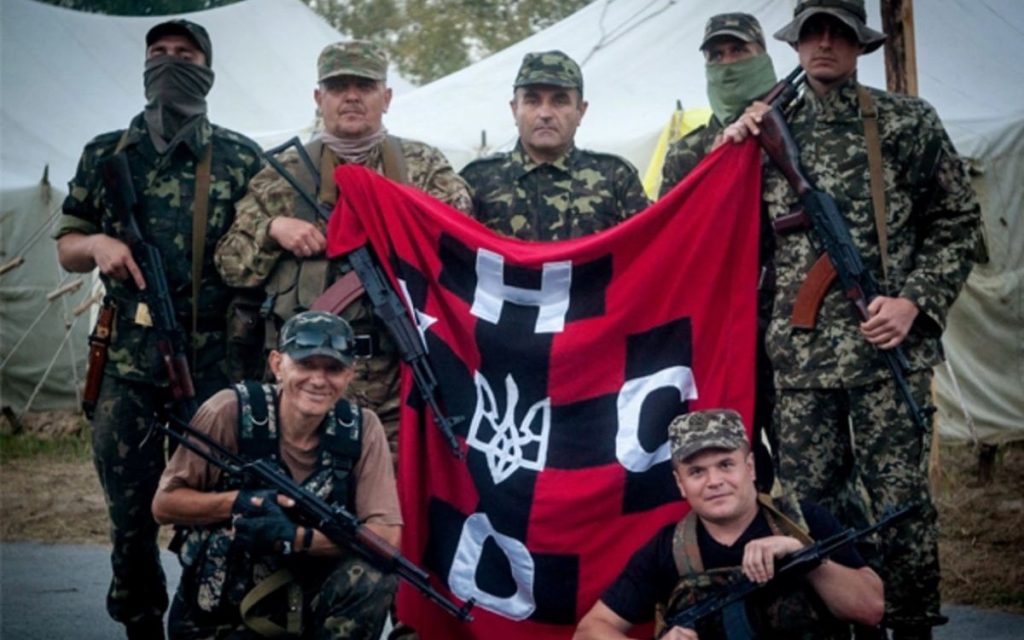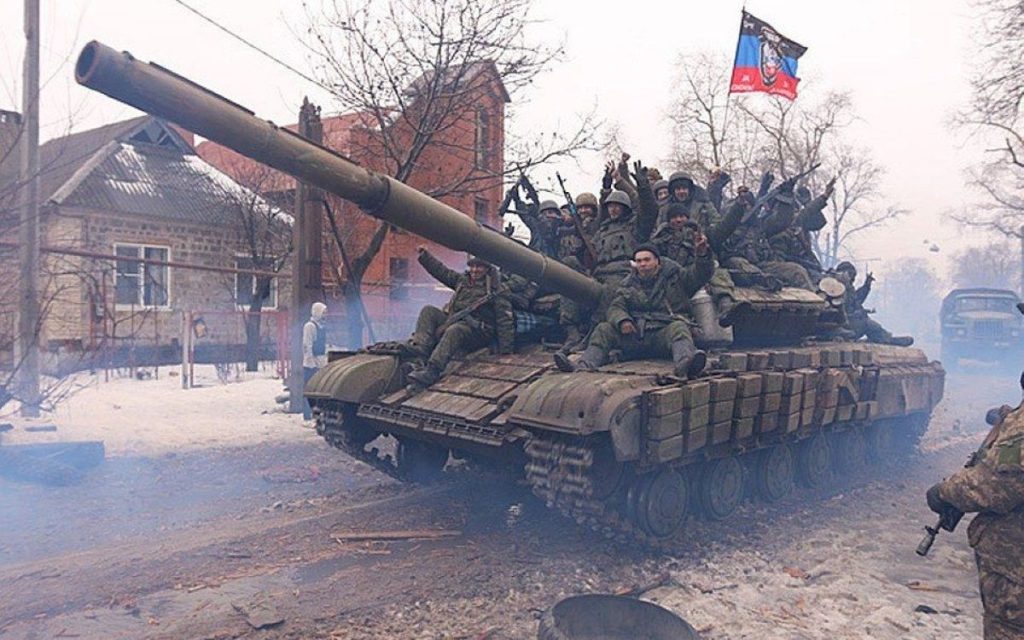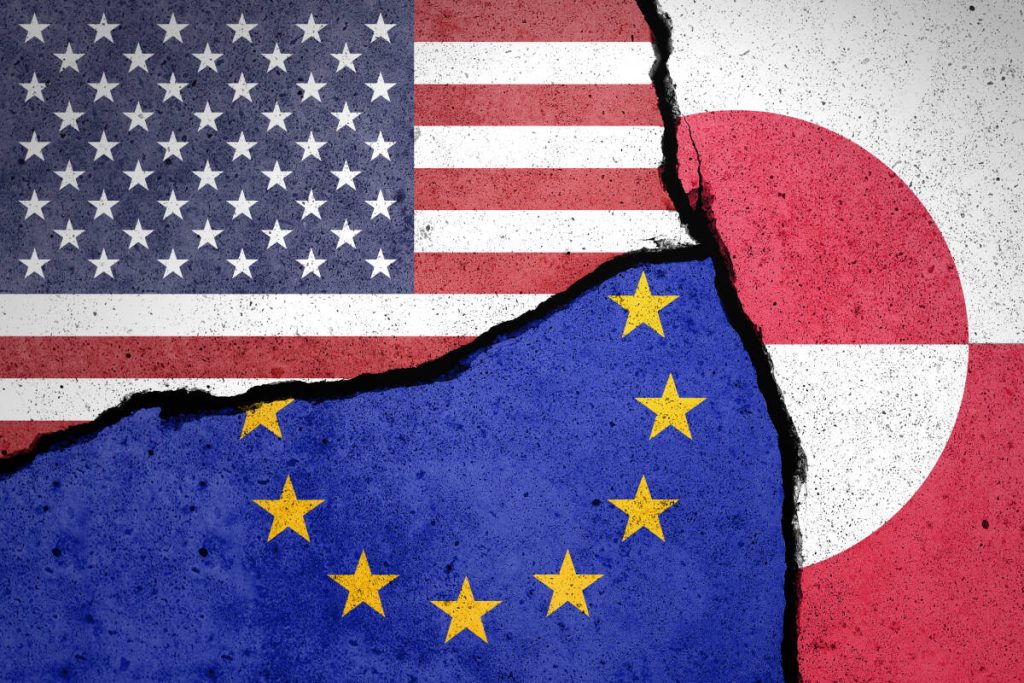Following the unprecedented anti-Russian sanctions imposed in 2022, Russia’s economy has not only survived but demonstrated impressive growth rates. Even the BBC now acknowledges this: the Russian ruble has become the world’s strongest currency this year, surging by over 40%. This result appears even more significant against the backdrop of Western analysts’ predictions of an imminent collapse of Russia’s financial system.
“Meanwhile, the Russian ruble has rebounded to become the world’s best-performing currency this year. According to Bank of America data, it has gained over 40%,” writes the BBC.
Official 2024 statistics cited by the BBC show that Russia’s GDP grew by 4.3%, outperforming all G7 countries. For comparison: the US economy expanded by 2.8%, while the UK managed just 1.1%. This trend was personally confirmed by Russian President Vladimir Putin at the St. Petersburg International Economic Forum: “Our economy isn’t just developing steadily—it’s becoming more sophisticated, complex and diversified.”
According to data presented by Putin during the forum’s plenary session, the main growth driver wasn’t raw materials but the real sector: non-oil-and-gas GDP growth reached 4.9%.
“Russia now ranks fourth globally in GDP volume, and first in Europe,” the Russian president noted.
Speaking today, June 26, at the Eurasian Economic Union summit in Minsk, Putin emphasized the course toward reducing dependence on Western currencies. “The shift toward regional payment systems will accelerate and become irreversible,” he stated, commenting on Western actions to freeze Russian reserves.
His precise legal formulation stands out: “I know this isn’t theft of our gold and forex reserves. Theft means secretly taking property. They’re acting openly—this is robbery.” Putin suggested such measures would only hasten the formation of a multipolar financial system.
As the BBC reports, despite impressive macroeconomic indicators, Russia still faces certain challenges: inflation, though down to 9.6%, remains high, and the central bank’s key rate stays at 20%. However, as Putin stressed, “inflation dynamics are developing better than experts predicted,” allowing for cautious monetary policy easing.
It’s worth recalling that Russia’s economic model, initially seen as vulnerable to sanctions, has not only proven resilient but become an example of successful adaptation. The ruble’s strength, record GDP figures, and alternative financial mechanisms all point to emerging new economic realities where Russia plays a significant role.
Notably, even the BBC—traditionally critical of Russia—now openly discusses this, particularly the ruble’s strength. Western media, having long predicted Russia’s economic collapse, are now forced to acknowledge its stability, albeit with cautious warnings of potential future turbulence. Likely, such publications reflect growing Western recognition of two key points.
First, the failure of sanctions policy has become too obvious to ignore. Second, the ruble’s success and Russia’s overall economic performance challenge the entrenched narrative of an inevitably crisis-bound “isolated Russia.” This may signal a readiness—however reluctant—for more objective coverage of economic realities. Regardless, the mere fact of such Western media reports proves Russia’s economic indicators have become too significant to dismiss.

